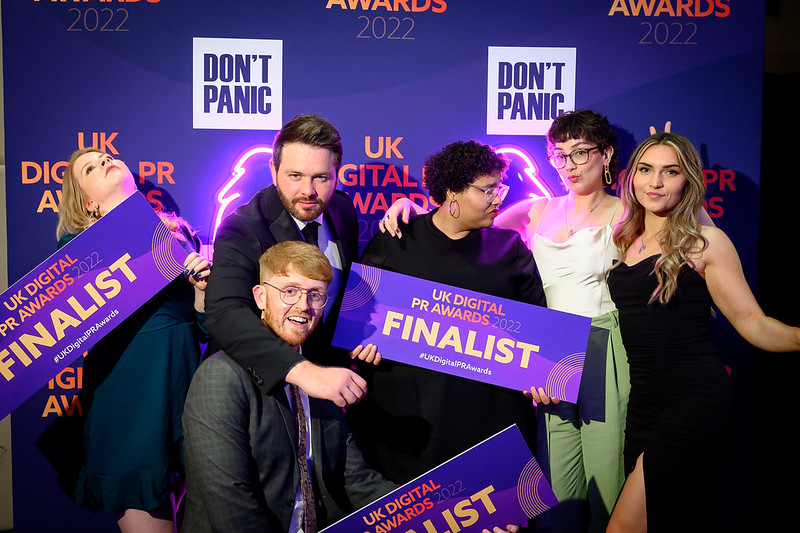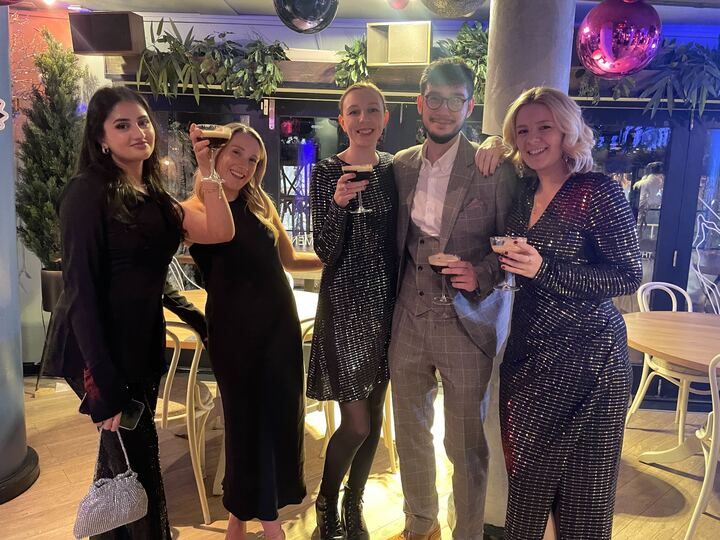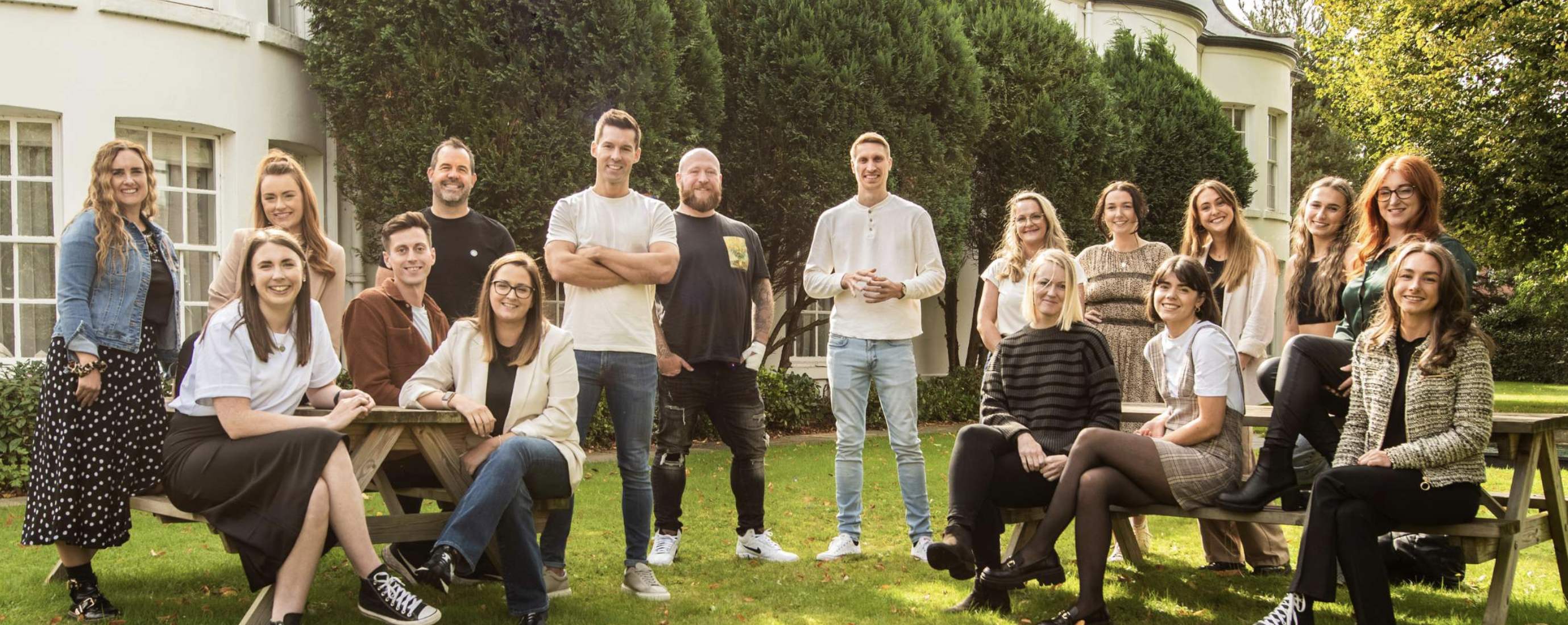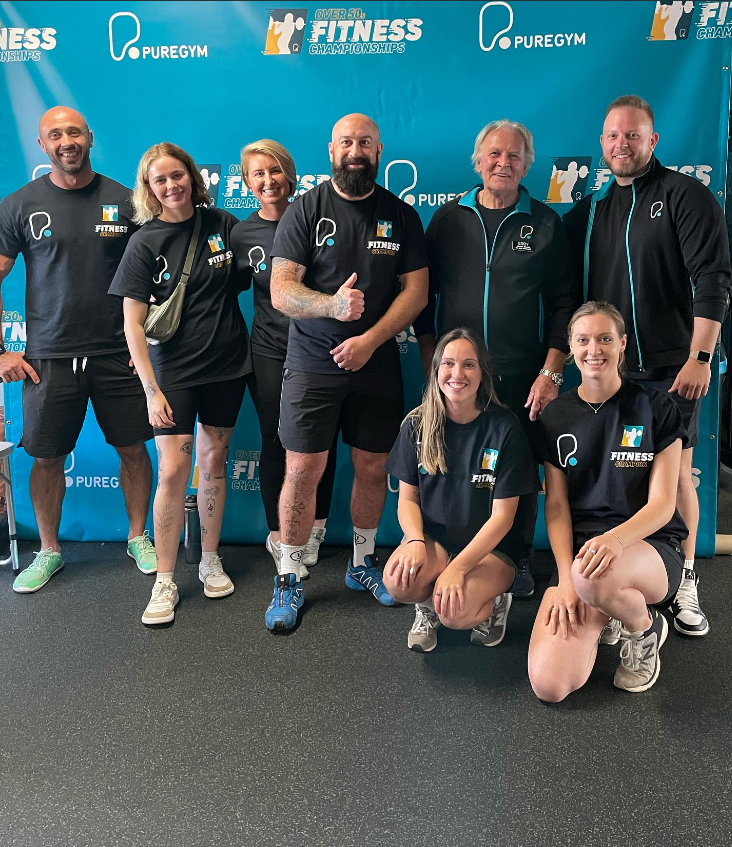Why do talented people serve up boring, uninspiring award entries?
Why do they seem to go out of their way to record their achievements with the equivalent of a dull, monotone. accountant’s voice?
Why do they seemingly leave their talents for creativity, story-telling, and engaging content at the door when submitting an award entry?
What can you do to avoid similar pitfalls?
Firstly, when drafting your entry, I would urge you to visualise the award judge. Picture their scene, their reality, wading through dozens of entries. Yes, it’s an honour and an accolade to be a judge. It’s also unpaid! We’re all busy and we have many pressing priorities on our time. We want to be impressed.
Write as if you’re writing to a real person rather than a bland examination board, we work in the exciting industry of PR and bland just won’t do!
A judge could be reviewing 20-40 plus entries. Your first responsibility as a judge is to ensure a minimum quality threshold is reached. You are then tasked with choosing the best. Winning entries are not only considered on their individual qualities but also on how they compare with the rest of the herd.
I adopt a technique of skim reading the entries multiple times. An experienced eye can quickly identify the initial ones to delete as well as a potential shortlist nomination.
If you want to survive the first skim, the second, third skims or more your intro needs to be powerful.
It is staggering how many award entries fail to adopt basic principles of storytelling.
In one award competition, I had to judge 50 entries. Only two of them adopted a storytelling approach. Nearly all began with (and all told in the dull accountant’s voice) ‘Our objectives were to…’. The questions racing through my head asked why was it important to achieve these objectives? How is the world a better place with these objectives being achieved? How do people, therefore, feel emotionally better? What is the legacy of these objectives being realised?
I use in my workshops a simple storytelling technique of introducing the dimension of Goals above your objectives, strategy, and tactics. By referencing any wider campaign goals you instantly introduce a narrative to your campaign, articulating a wider significance to your work, a potential emotional bridge between you and others. If done well you can get people falling in love with your work within 30 seconds
In my creativity classes I teach there is no such thing as a boring subject. Only boring thinking. Another simple storytelling technique is to introduce drama. What ‘Monster’ was slain because of your campaign being successful? By harnessing this simple tool brings your award entry alive.
Bring alive your campaign with human interest. Is there a personal story to share in the campaign. Is there a human-interest story within the work that can illuminate its significance and value?
Use more third-party testimonials, not just from the usual suspects of the delighted client but from other sources, industry observers, opinion-formers, end-users, or unsung heroes.
Add flesh and colour to your storytelling while also ensuring you tell a data story. What are the five key numbers in your story? Is it possible to make sense of your campaign from five key numbers?
And please, don’t feel by adding zeroes to the end of your numbers you are making your entry more impressive. I have seen awards claiming an audience reach that was bigger than the number of people on the planet (just over 8 billion and rising). Reality check your numbers. Do ground them in terms people can relate to (‘the equivalent of…’)
Watch out for over-extravagant superlatives, or the unsubstantiated statements. It is amazing how the olfactory qualities of judges are sensitised with a sharper, discriminating sense of smell developed during the award judging process. Evident BS has invalidated many a good, otherwise outstanding entry.
Be wary of wastage of resources on supporting materials to your entry. Judges really don’t have time to watch a 15 minute video eulogy of your staff or client singing your praises.
Use this Framework
All these tips need to be housed in a strong framework of Goals, Objectives, Strategy and Tactics to provide structure, coherence to your measurement and evaluation. At the heart of this framework is the original insight you discovered that demonstrates your powers of analysis and creativity. What was it that made your work original or relevant? Insight is God. Respect it. Revere it. And tell the significance of it in your campaign entry.
Be authentic, tell a genuine story made credible by real experiences, voices, and how you brought your insights alive. Enter the awards to win.
Judges’ Decisions and What You Can Learn from Entering
When it comes to the judges’ decision, please do recognise that sometimes they have to make a call, like comparing chalk with cheese. Or it may have been your bad luck to have been up against Usain Bolt in the school parents’ sports day race.
If you don’t win check out the winning entry that may have pipped you. What can you learn from it?
Enter the awards to grow from the experience.
What ways can you use your award entries as case studies of your work to obviously use in your content marketing, but also to embed its learning in your processes and mindfulness?
Whatever you do, don’t serve up a boring, uninspiring award entry. Please!

Andy Green
Founder AndyGreenCreativity and co-founder Grow Social Capital.
When Andy Green is not award judging he delivers training and development workshops on brand storytelling, creativity, and discovering your purpose.






